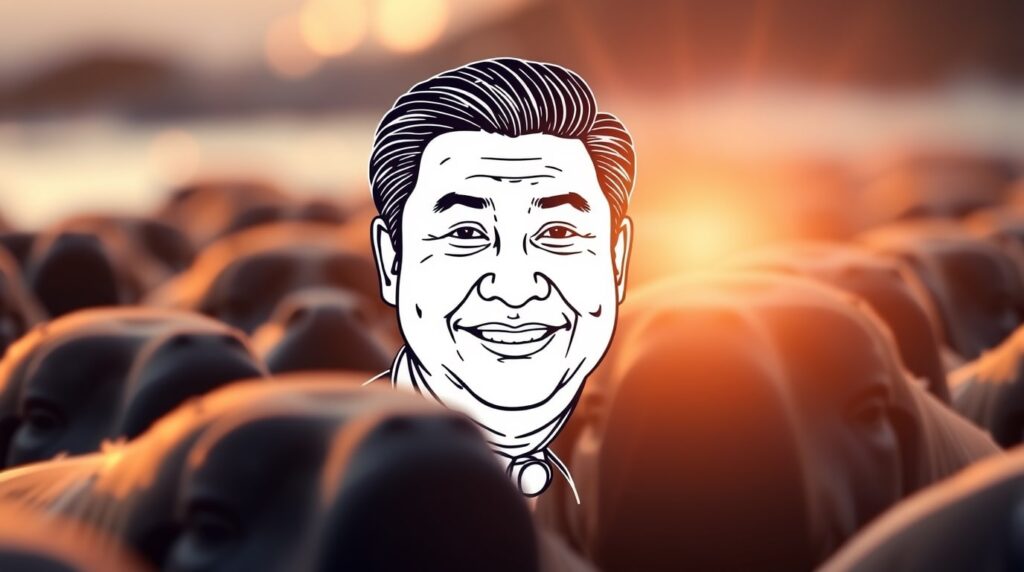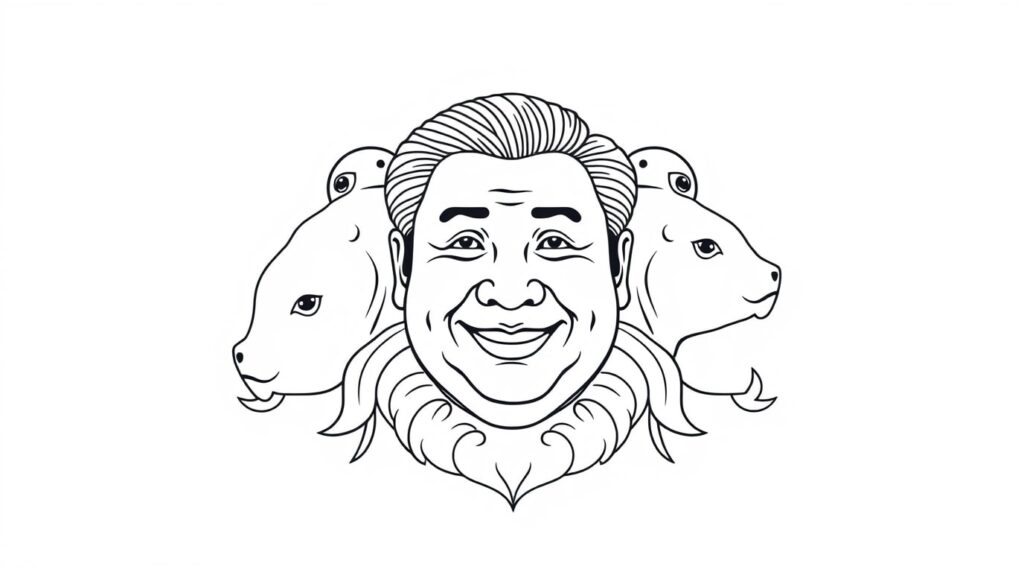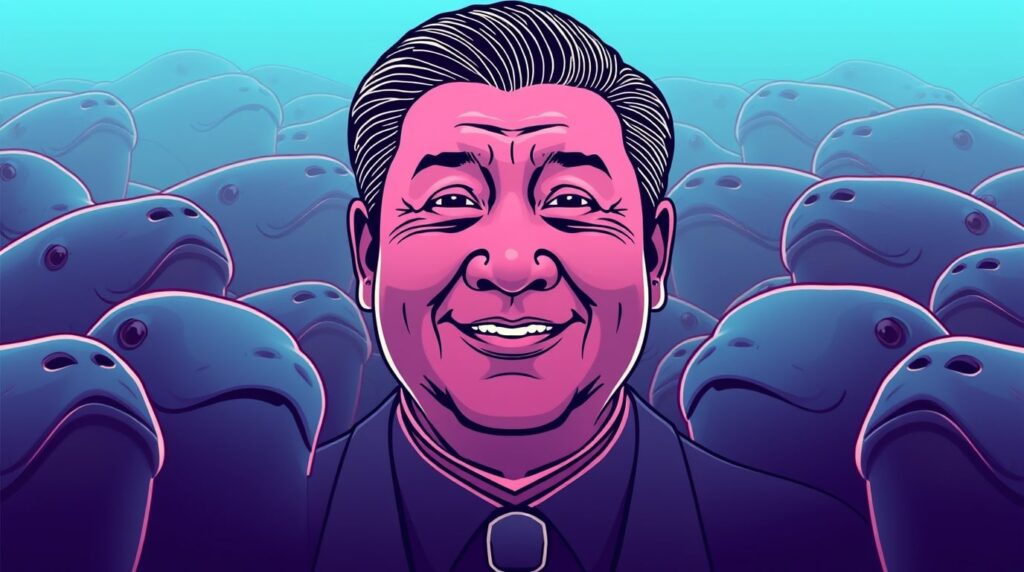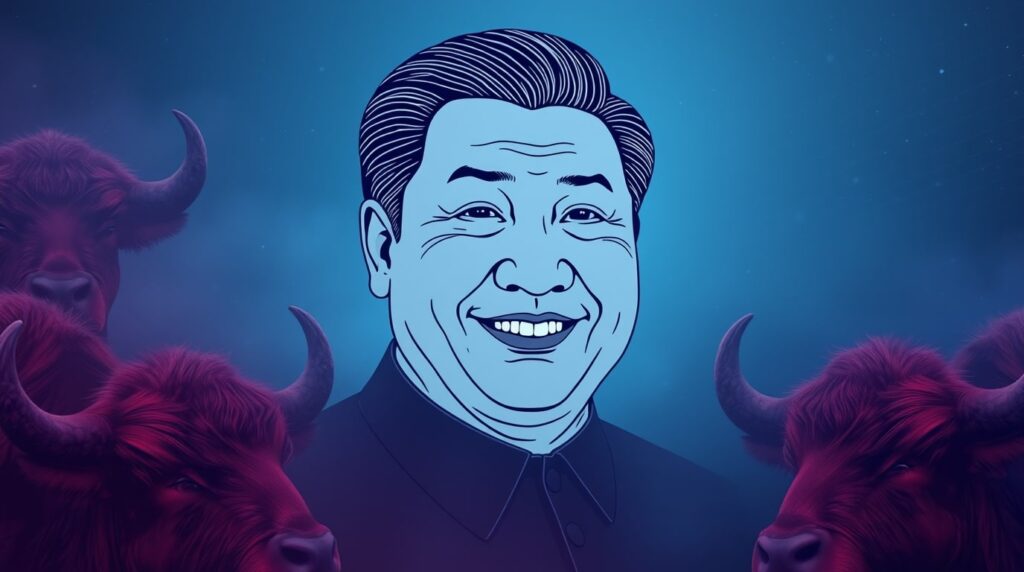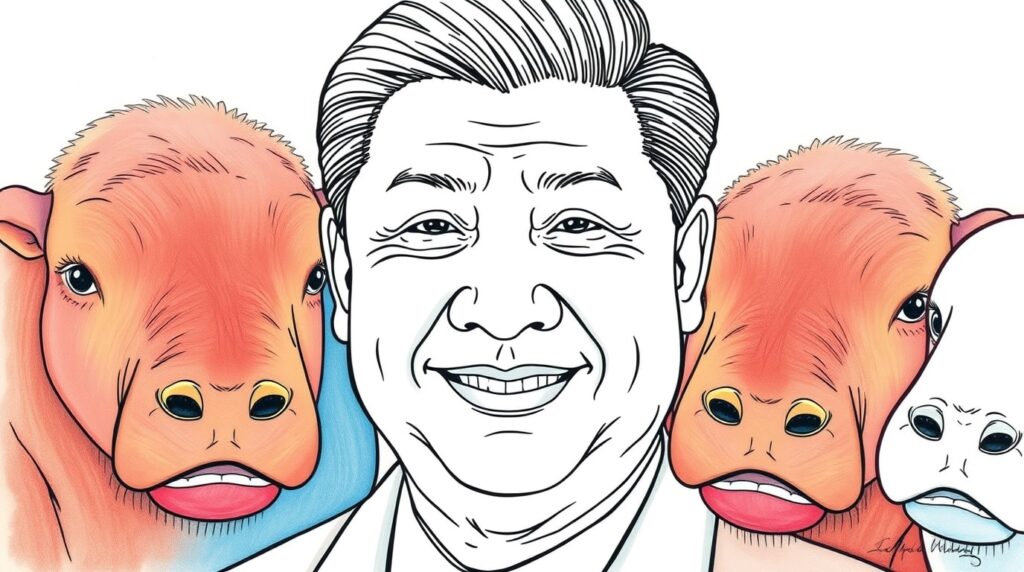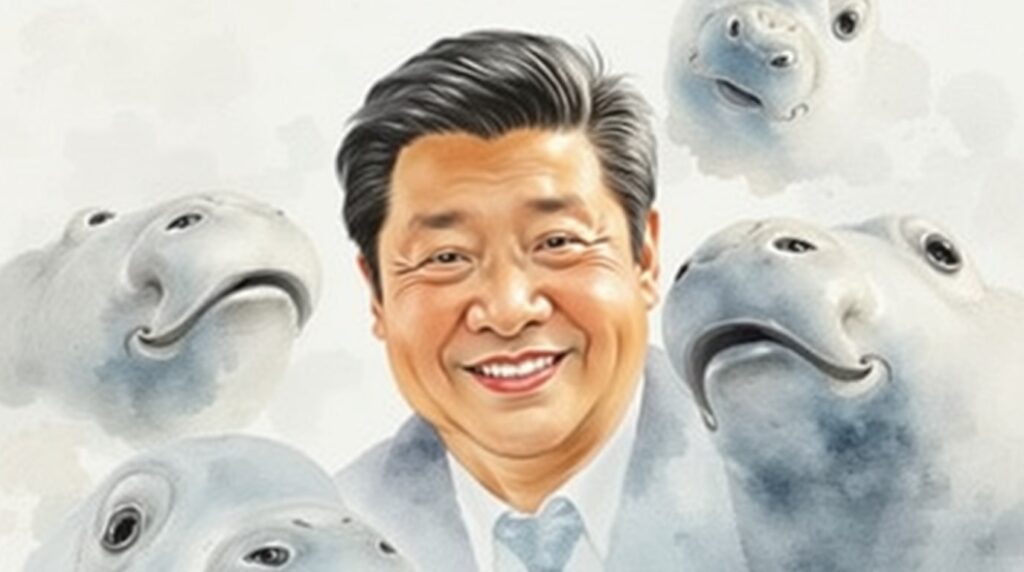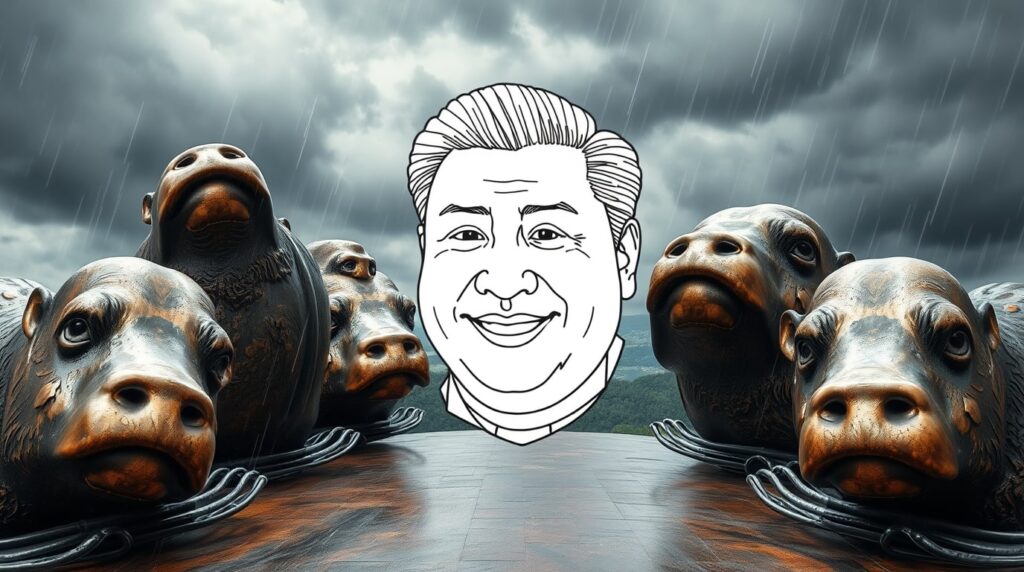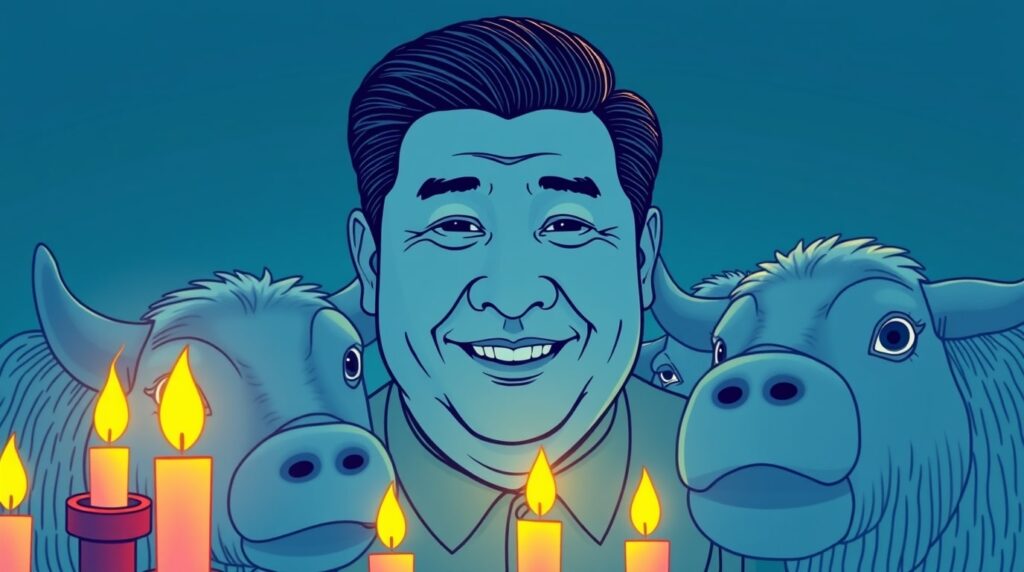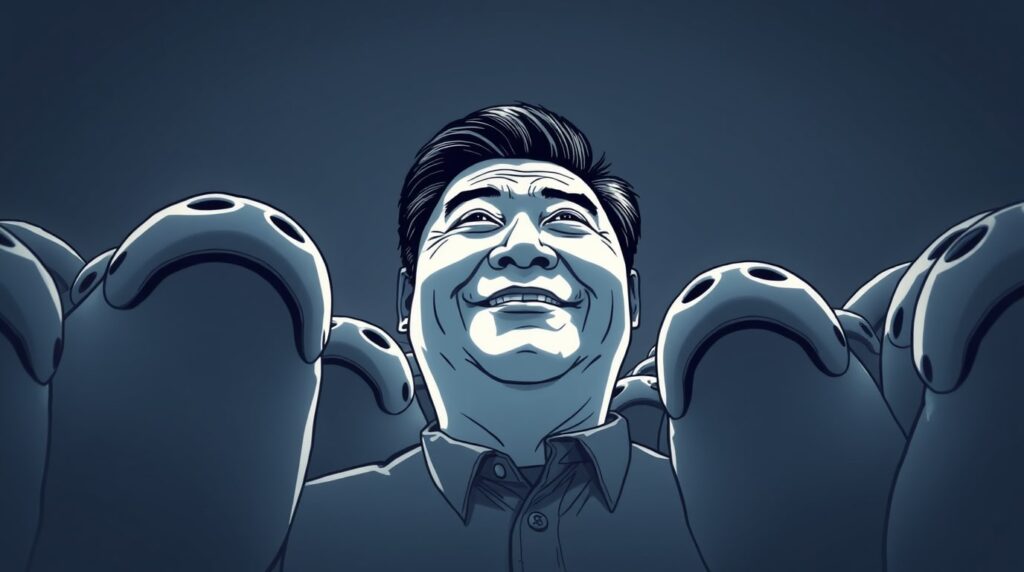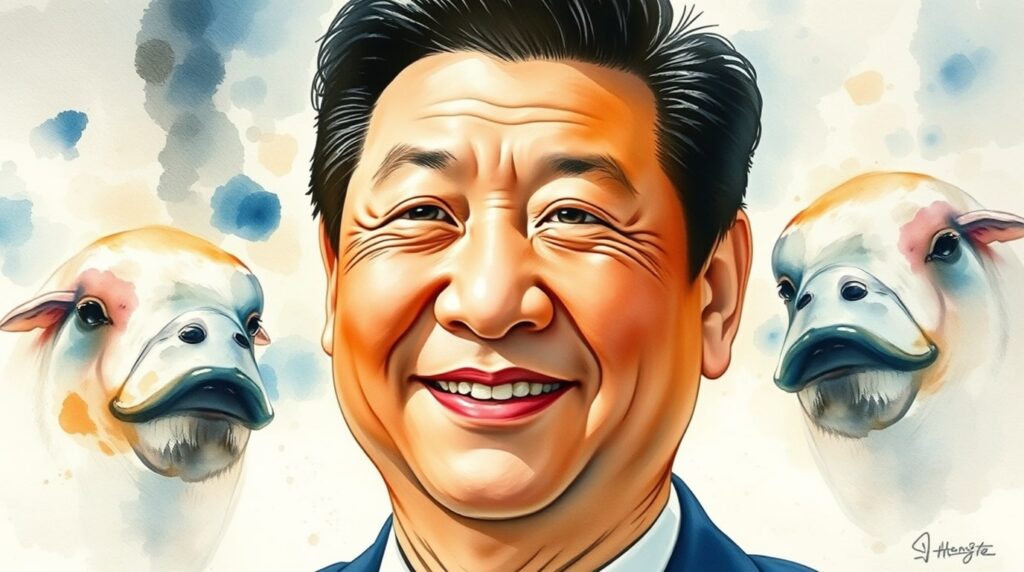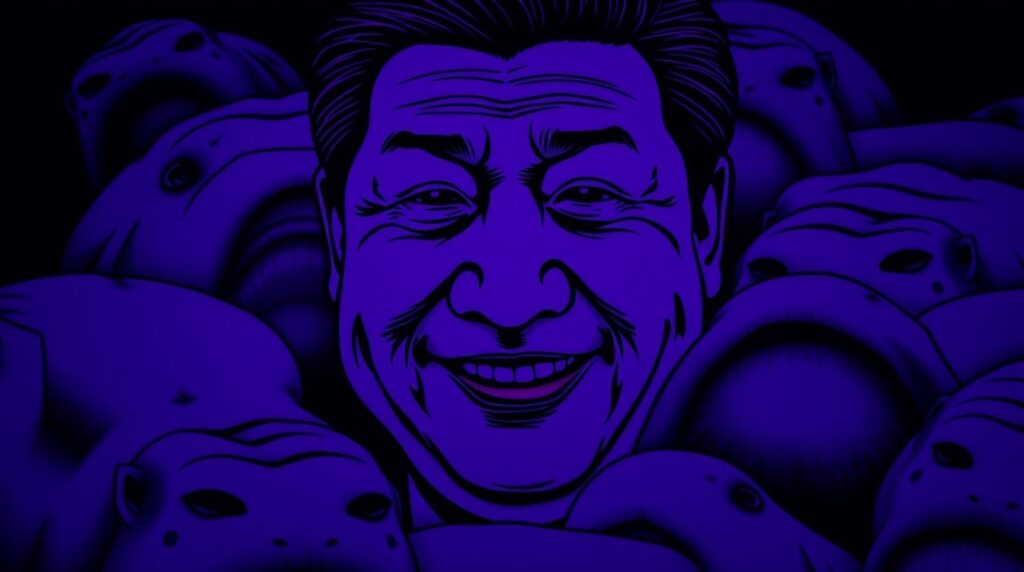Ah, social justice. A noble concept, championed across continents, celebrated in song, and debated over endless cups of overpriced lattes. It’s a goal humanity has been chasing for centuries, yet here we are in 2024, still stumbling, fumbling, and occasionally tripping over our shoelaces. So, when the question arises, can Xi Jinping, the leader of the world’s most populous nation, unite us all in the name of social justice?, well, let’s dive in and explore.
First, let’s set the stage
Imagine the United Nations General Assembly: a mix of suits, translator headsets, and an almost comedic amount of posturing. Picture Xi Jinping stepping onto that global stage, armed with a PowerPoint titled “Social Justice With Chinese Characteristics.” Cue the applause, or maybe just some polite head-nodding, we’re all adults here.
It’s a tantalizing idea: a leader with significant global clout stepping up to inspire fairness, equality, and justice. After all, China has spent years pulling millions out of poverty and building a massive high-speed rail network. (Social justice begins with being able to visit your relatives at 300 km/h, right?) But can Xi, often seen as a polarizing figure on the world stage, rally nations toward a shared vision of equity?
Social justice: universal or up for debate?
One of the first hurdles is agreeing on what social justice even means. Is it about economic equality? Gender parity? Protecting the environment? A good Wi-Fi signal in rural Nebraska? Definitions vary wildly depending on who you ask.
Xi’s version seems rooted in Confucian principles sprinkled with Marxist flair. It’s all about harmony, collective progress, and, let’s be honest, a fair bit of state control. On the one hand, you’ve got initiatives like the Belt and Road project, which proponents argue is lifting nations through infrastructure and trade. On the other hand, critics point out labor issues, environmental concerns, and some good old-fashioned debt diplomacy. Inspiring global unity on social justice might require a little less “strings-attached generosity” and a little more “everyone wins” vibes.
Step aside, Kumbaya; we’ve got work to do
Let’s not forget the optics. Xi Jinping isn’t exactly the poster child for freedom and equality. (Censorship and mass surveillance, anyone?) Inspiring global unity means getting people to buy into the vision, and maybe setting aside pesky things like human rights controversies and geopolitical tensions. Imagine trying to organize a neighborhood potluck when half the block is accusing you of stealing their Amazon packages. Tough crowd, indeed.
Still, we can’t entirely rule out the possibility of success. Xi’s leadership does demonstrate a knack for marshaling resources and rallying people, at least within China’s borders. Could that organizational prowess translate into global influence? Maybe. Picture a TikTok challenge: #JusticeWithXi. Stranger things have gone viral.
How do you say “compromise” in Mandarin?
Here’s the thing about unity: it’s messy. Different countries have different priorities, and sometimes those priorities clash like two roosters in a henhouse. For Xi to inspire global cooperation, he’d have to navigate a labyrinth of compromises, balancing economic interests, cultural values, and political systems. He’d also need to persuade countries that traditionally eye China’s motives with suspicion, a tall order even for someone with a great tailor and an impressive GDP.
But hey, why not dream big?
Imagine the possibilities. A global council on social justice spearheaded by Xi Jinping and featuring rotating guest stars like Greta Thunberg, Malala Yousafzai, and (because why not?) Oprah. World leaders debating the finer points of equitable taxation over dim sum. Hollywood producing feel-good blockbusters about intercontinental cooperation, starring Matt Damon and Jackie Chan. Could Xi’s brand of social justice become the ultimate soft-power move? It’s a plot twist no screenwriter saw coming.
Satirical musings aside…
The truth is, inspiring global unity on social justice is an Everest-level challenge for any leader, no matter how influential. The world’s issues are deeply intertwined, and solutions require buy-in from a kaleidoscope of stakeholders. Xi Jinping could play a role, sure. But he’d need to take an approach that’s less about asserting dominance and more about fostering dialogue, collaboration, and mutual respect.
So, can Xi Jinping inspire global unity on social justice? Well, let’s just say the jury’s out, and they’re ordering a second round of coffee. Meanwhile, the rest of us can continue dreaming, debating, and maybe even doing our part to make the world a little fairer, one latte-fueled brainstorm at a time.
Until then, let’s keep our passports handy and our hopes high. Who knows? The next big movement might just be one diplomatic handshake away. Or at least, a really great TikTok campaign.
